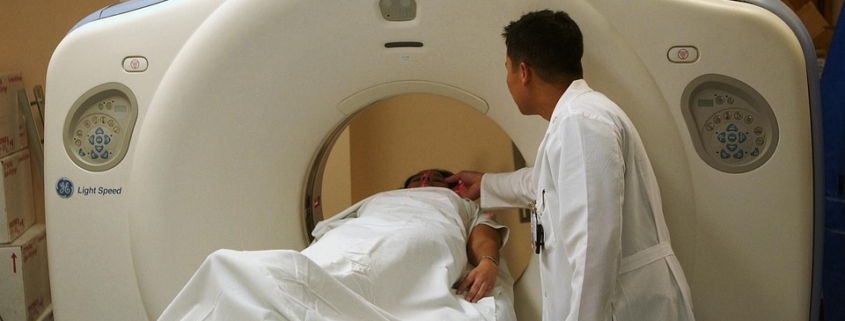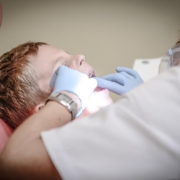Over-the-Counter Remedies: When Medical Advice is Necessary
When it comes to our health, seeking out medical advice is often one of the most crucial steps we can take. Whether facing a minor ailment or a significant health concern, understanding how to navigate this vital area can ensure that we receive the best possible care. This article delves into what constitutes medical advice, how to evaluate it, and the importance of consulting healthcare professionals.
What is Medical Advice?
Medical advice refers to guidance provided by healthcare professionals based on their expertise and clinical knowledge. This may encompass recommendations on treatment protocols, lifestyle changes, medication management, diagnostics, and preventative care. The ultimate goal of medical advice is to support an individual’s health and well-being.
Types of Medical Advice
-
Preventive Advice: This includes recommendations for vaccinations, screenings, and lifestyle modifications aimed at preventing illness.
-
Diagnostic Advice: Healthcare providers may suggest tests and procedures to confirm or rule out potential health issues.
-
Treatment Recommendations: Once a diagnosis is confirmed, advice may involve medication, therapy, surgical options, or alternative treatments.
-
Lifestyle Guidance: Many health professionals offer advice on nutrition, exercise, and mental health strategies, emphasizing the importance of holistic well-being.
Seeking Medical Advice
When you find yourself in need of medical advice, it’s essential to approach the process thoughtfully:
1. Consult Qualified Professionals
Always seek advice from licensed healthcare providers. This could be your primary care physician, specialists, or certified healthcare professionals. Avoid relying on unverified online sources or anecdotal experiences that may not be applicable to your individual situation.
2. Do Your Research
While it’s important to consult professionals, being proactive in your knowledge can help you engage in informed discussions. Understanding your symptoms, asking pertinent questions, and being aware of your medical history can assist healthcare providers in delivering appropriate advice.
3. Verify Credibility
When researching medical information, ensure that the sources are credible. Look for advice from recognized medical institutions, peer-reviewed journals, or certified health organizations.
Evaluating Medical Advice
Not all medical advice is created equal. Here are some tips for evaluating the advice you receive:
1. Evidence-Based Practices
Assess whether the advice is based on current, evidence-based practices. Reliable sources typically reference clinical studies, professional guidelines, and established research.
2. Individualization
Good medical advice takes into account your unique circumstances—your medical history, lifestyle, age, and specific health concerns. A cookie-cutter approach may not be the best fit for you.
3. Second Opinions
If you’re uncertain or uncomfortable with the advice given, seeking a second opinion can provide additional perspectives and options.
Importance of Follow-Up
After receiving medical advice, follow-up appointments and discussions with your provider can be vital for ongoing care. These interactions offer opportunities to assess the effectiveness of a treatment plan, modify approaches, or address any new concerns.
The Risks of Misleading Information
In today’s digital age where information is readily available, the risks associated with misleading or inaccurate medical advice are significant. Self-diagnosis and treatment without professional guidance can lead to complications, delayed care, or worsening symptoms.
Conclusion
Navigating the world of medical advice can be challenging yet rewarding when approached correctly. Always prioritize consultations with qualified healthcare professionals, maintain an informed and inquisitive mindset, and remember that your health should never be compromised by misinformation. Understanding how to seek, evaluate, and apply medical advice is a key component of managing one’s health effectively. Stay vigilant, stay informed, and advocate for your own well-being.









